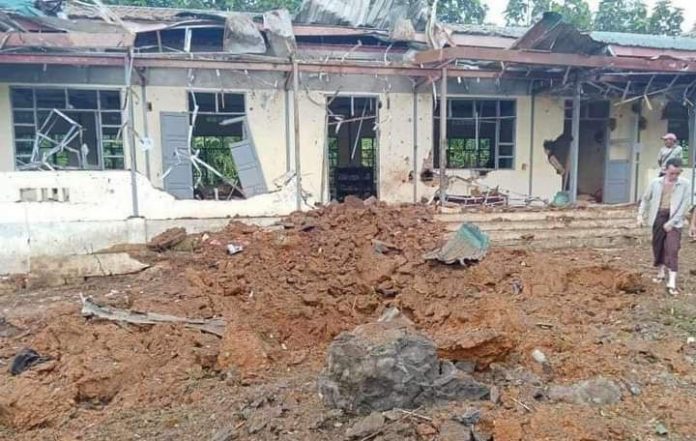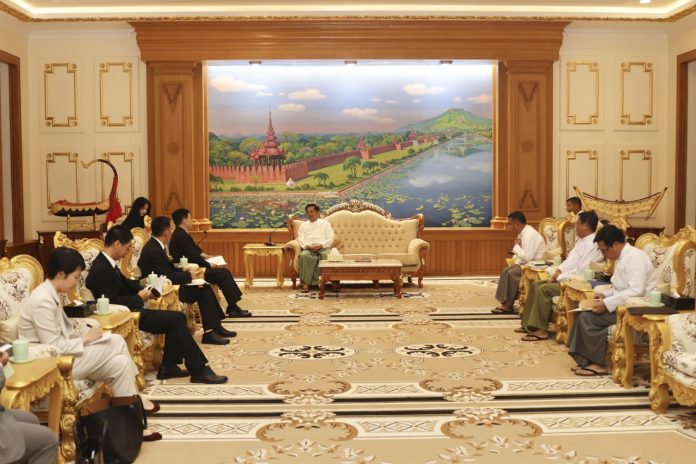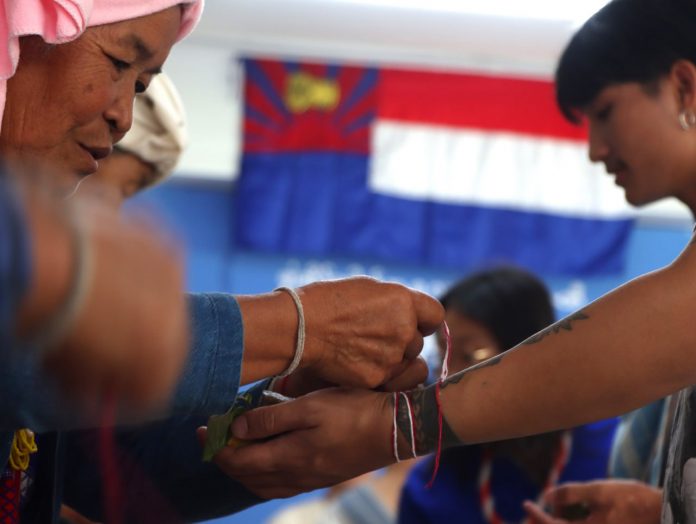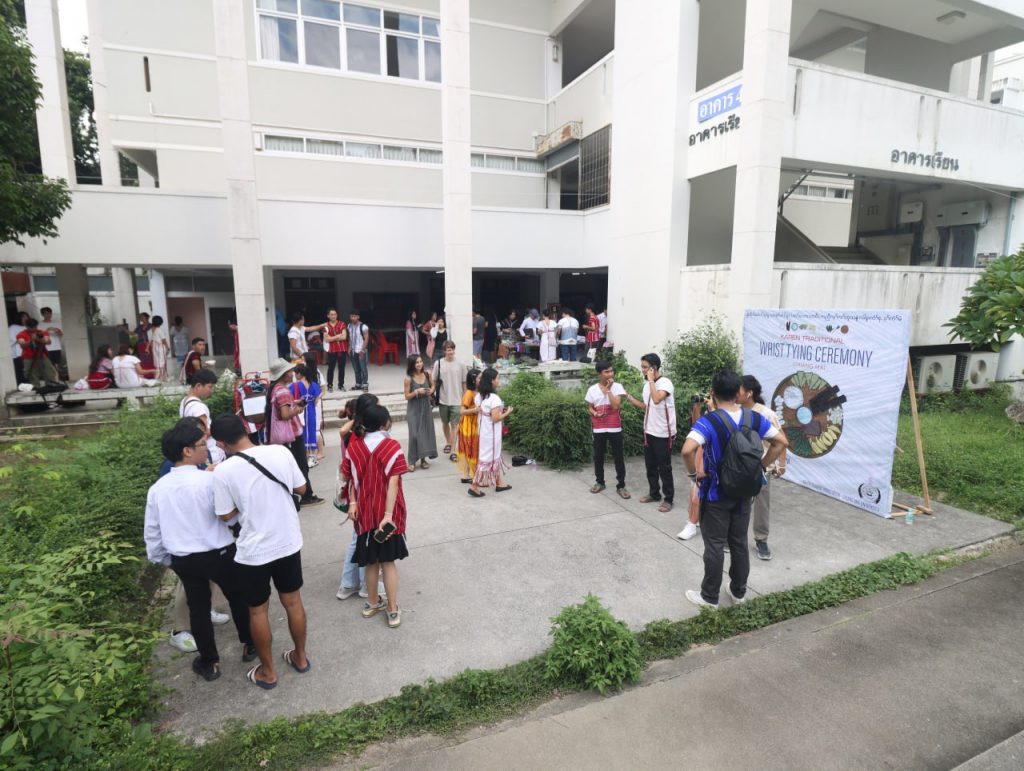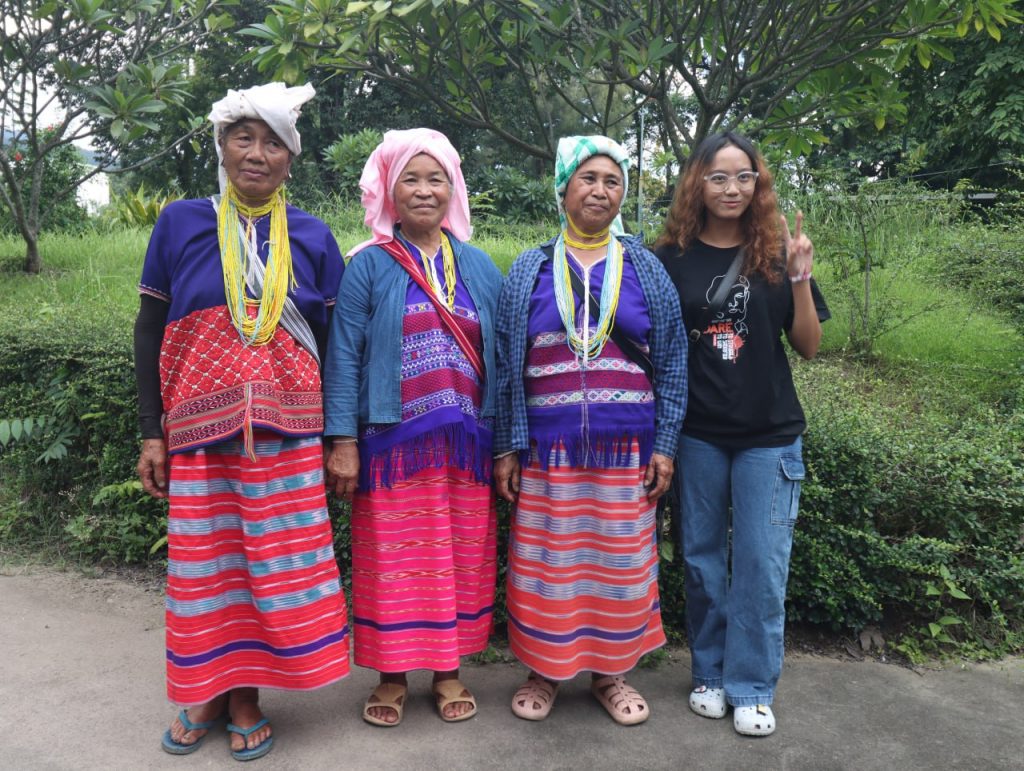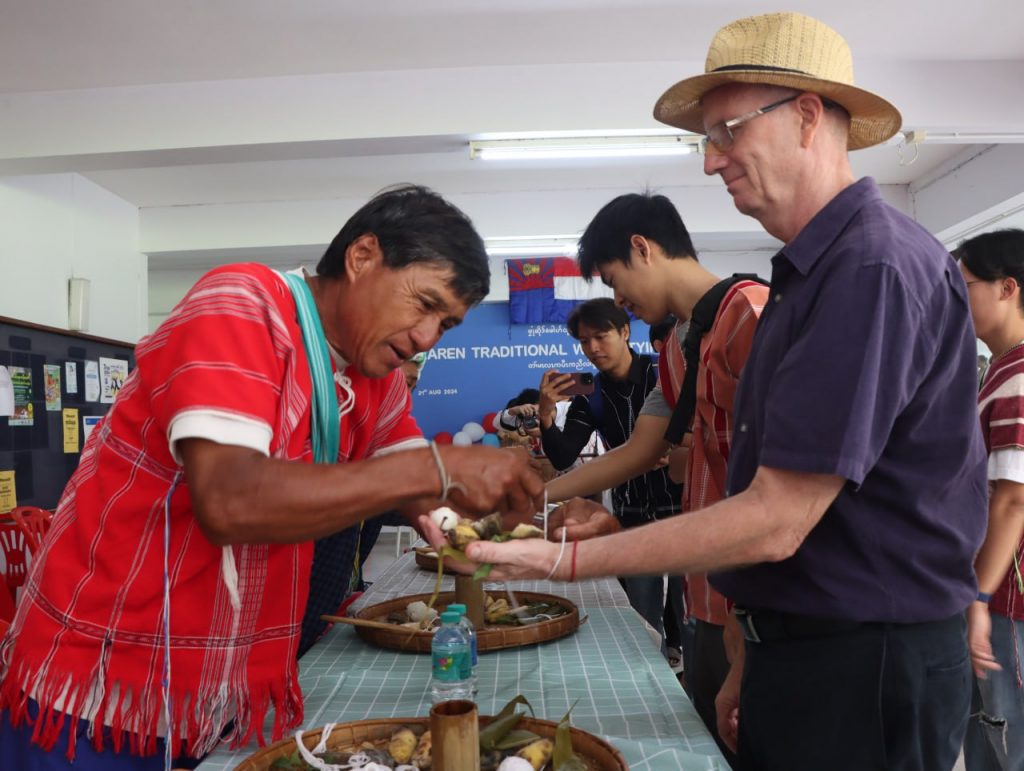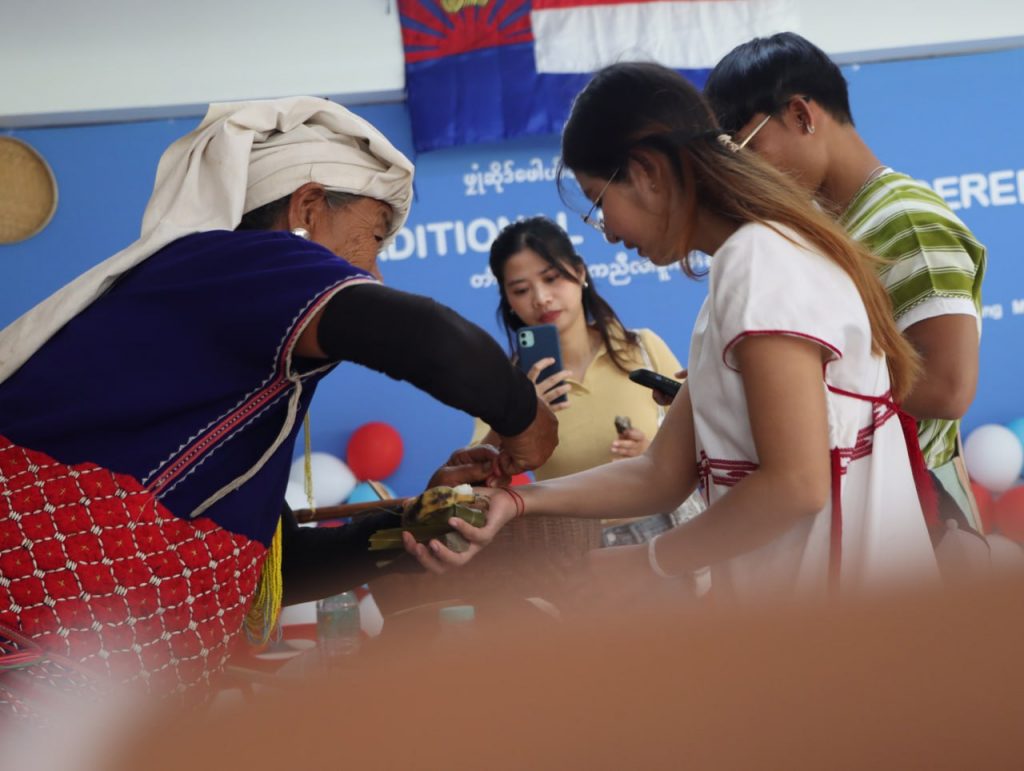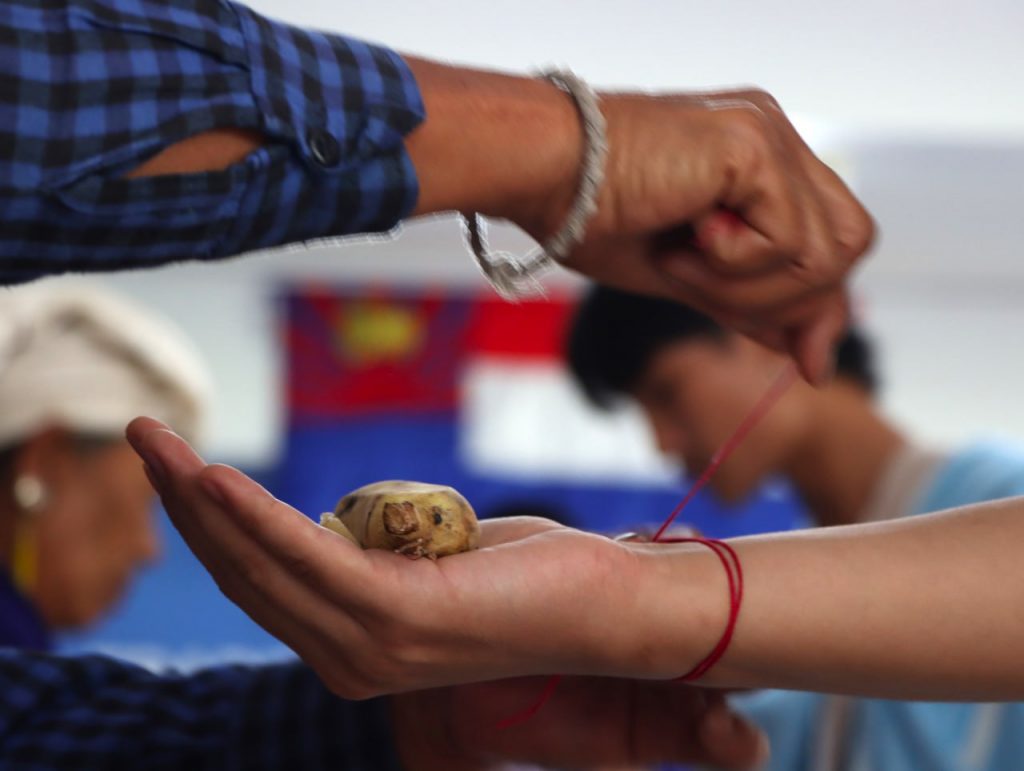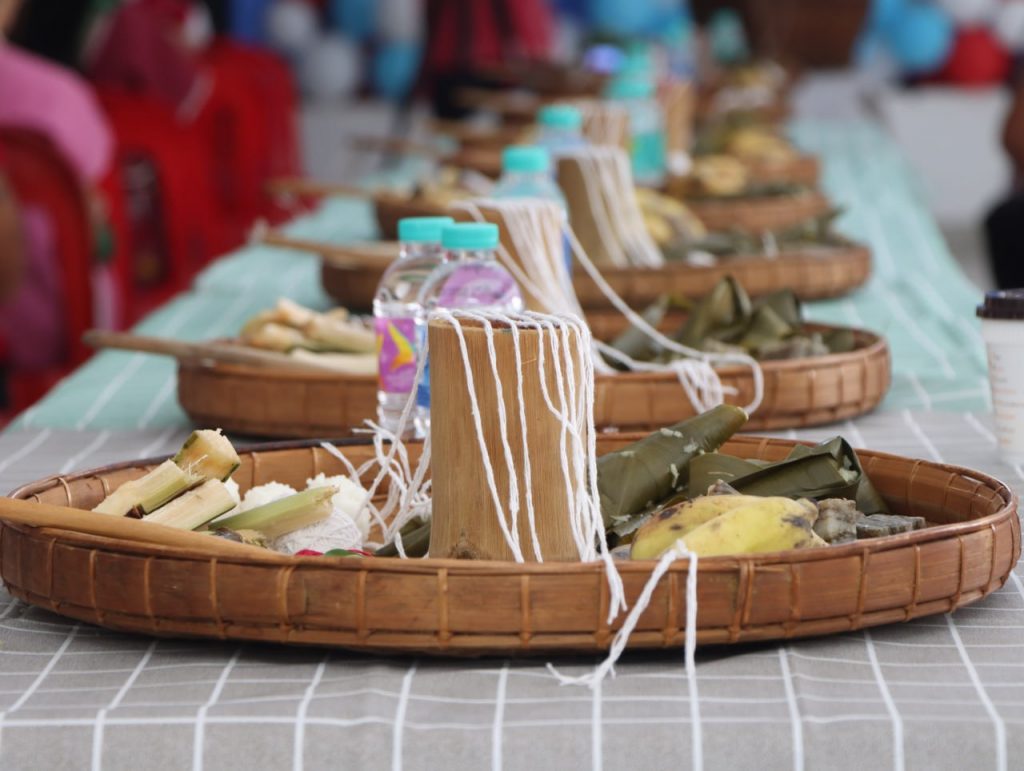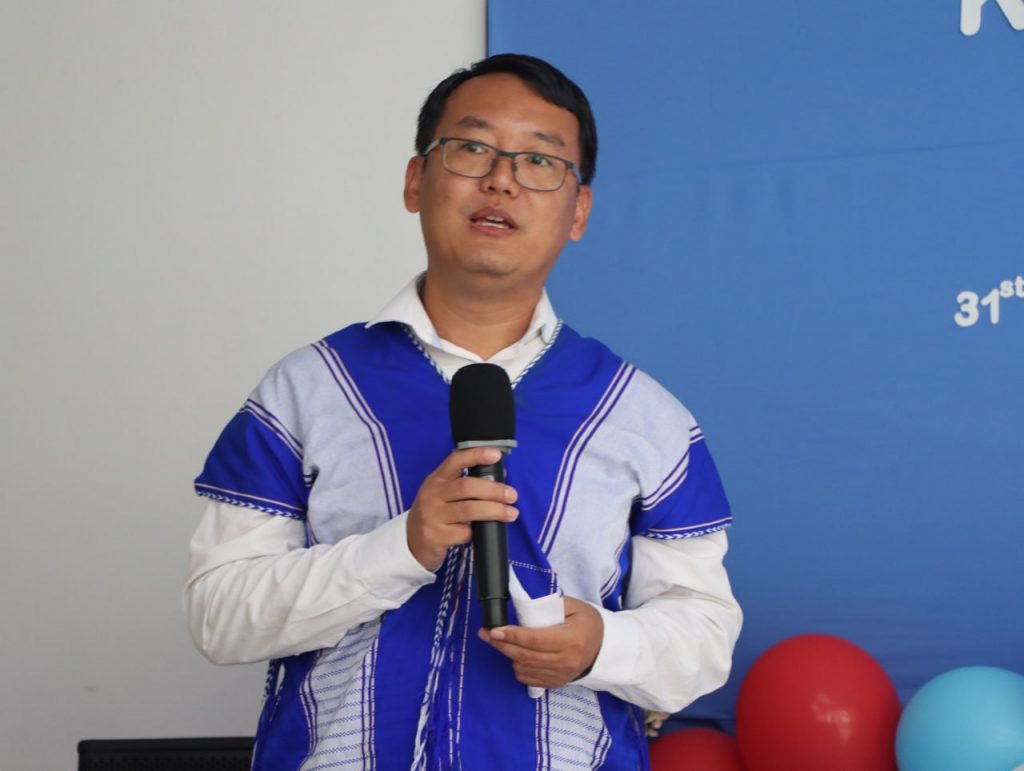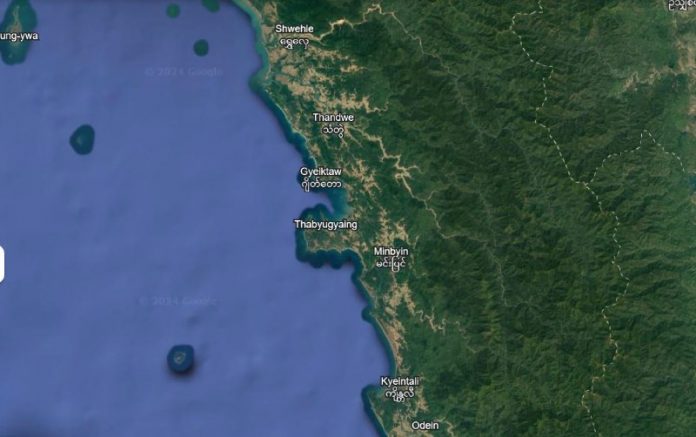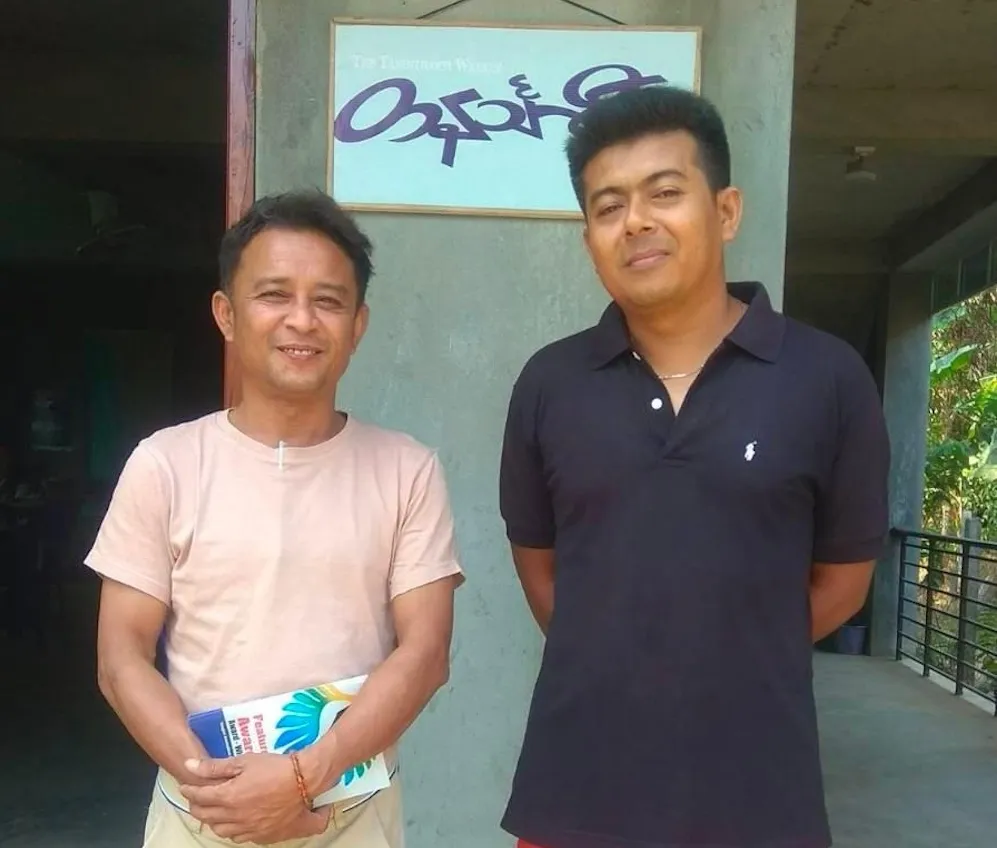UN emergency fund to release $12 million USD for Burma
The U.N. Office for the Coordination of Humanitarian Affairs (OCHA) stated on Friday that it released $100 million USD from the Central Emergency Response Fund (CERF) to support 10 underfunded global humanitarian crises in Africa, the Americas, and Asia, including Burma and the Middle East.
“CERF funding is an emergency cash injection of last resort to avert the worst and save lives when other humanitarian funding is inadequate. We urgently need increased and sustained donor attention to these underfunded crises,” said Joyce Msuya, the U.N. Acting Under-Secretary-General for Humanitarian Affairs and Emergency Relief Coordinator at OCHA.
Burma is set to receive $12 million USD. This is the second release of CERF funding this year, following the release of $100 million USD for seven countries in February. The U.N. states that $49 billion USD is needed to help 187 million of the world’s most vulnerable people. Only 29 percent of CERF funding has been received so far this year.
Rival Chin factions take steps toward peace talks
Representatives of the Chin Brotherhood and Interim Chin National Consultative Council (ICNCC) met at the headquarters of the Zo-Reunification Organization (ZORO) in Aizawl, the capital of India’s Mizoram State on Aug. 21. The meeting seeks to begin talks between the Chin Brotherhood and the Chinland Council.
“In the Chin State of Myanmar, the mounting tensions in the recent past between Chinland Government/Chinland Council and Chin Brotherhood/ICNCC were conducting operations that resulted with the loss of life of some armies from both parties,” Rohmingthanga, the ZORO vice-president, told DVB.
The Chin Brotherhood and the Chinland Council are slated to later meet in New Delhi, India as a part of talks facilitated by ZORO and the Crisis Management Initiative. Tensions between the rival Chin factions have mounted since the Chinland Council was formed on Feb. 1. The Chin Brotherhood and ICNCC accuse the Chinland Council of failing to conform to democratic standards.
China wants Brotherhood Alliance to cease offensive
The Ta’ang National Liberation Army (TNLA) Secretary-General Tar Bhone Kyaw told DVB that Beijing sent a letter demanding the TNLA cease its offensive against the military in northern Shan State. He added that he received the notice from China’s Shweli City State Security Committee on Aug. 29.
“China will continue to play a constructive role for Myanmar’s peace and reconciliation process and promote the de-escalation in northern Myanmar,” China’s Embassy in Yangon told DVB in an email.
The letter warned that actions would be taken to prevent any danger to the lives and property of Chinese citizens inside Burma. “The TNLA must take responsibility for all the consequences,” the notice added. China’s People’s Liberation Army (PLA) conducted live-fire exercises near the Burma-China border Aug. 27-29.
Read our latest op-ed: An analysis of recent Chinese engagements in Myanmar – Part 1 by Myo Yan Naung Thein.
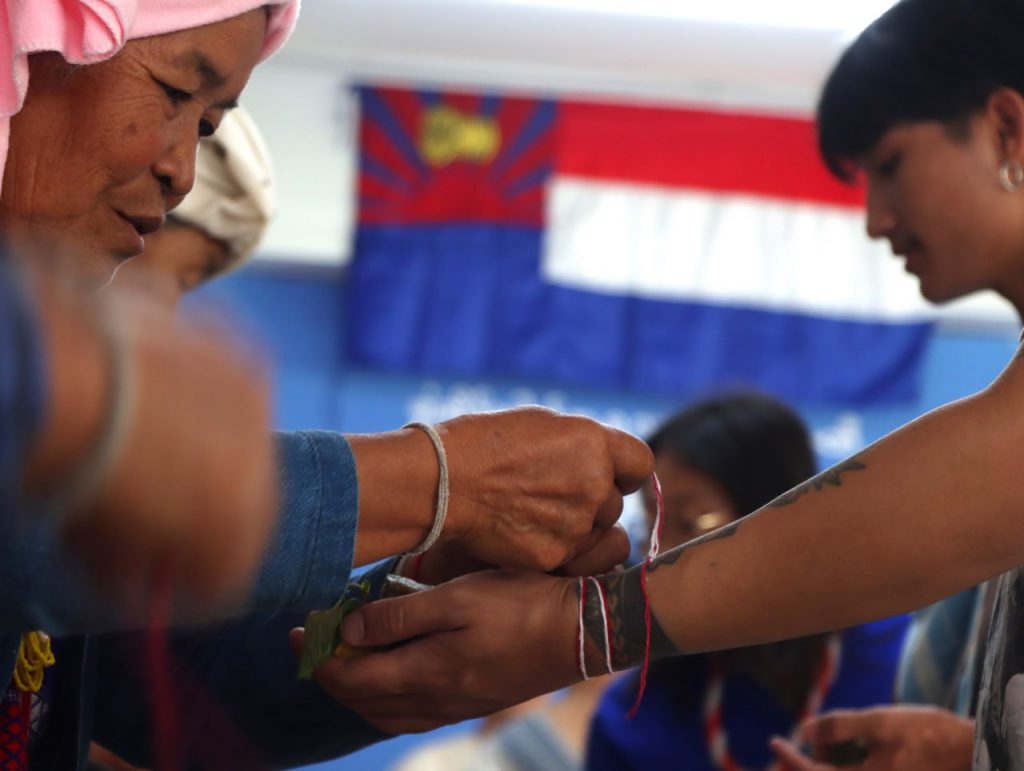
News by Region
SHAN—The Myanmar National Democratic Alliance Army (MNDAA) announced on Aug. 30 that 270 members of the Civil Disobedience Movement (CDM) have registered to join its administration in Lashio. “We warmly welcome the CDM members,” the MNDAA stated. Health services have resumed in Lashio, which came under MNDAA control on Aug. 3.
TANINTHARYI—The military is holding 98 Burma nationals at the 262 Light Infantry Battalion (LIB) in Kawthaung Township after 108 were released from detention centers and repatriated from Ranong, Thailand on Aug. 26. The military released nine children and the mother of an infant, according to a source.
A sibling of one of the men held by the military told DVB that brokers demanded 20,000 Thai baht ($540 USD) or threatened to send his brother to the military for conscription. “My brother cried and begged me to come and free him. I am afraid I will be arrested even if I go there,” he added.
MANDALAY—Protesters held a rally calling for “peace and stability” on Aug. 29. Kyaw Htike Ko, who was appointed as the commander of the Central Regional Military Command (RMC) headquarters on Aug. 16, reportedly organized the rally in response to the People’s Defense Force (PDF), which has seized townships in the region.
“There were also military officers disguised in civilian clothes. They claimed it was a protest by residents, but only members of the Union Solidarity and Development Party were involved,” a Mandalay resident told DVB. The headquarters of the Central RMC is located in Mandalay. The PDF and the TNLA launched a joint offensive in Mandalay on June 25.
NAYPYIDAW—The regime’s Ministry of Electricity announced on Friday that it will impose new electricity rates for households and businesses starting on Sept. 1. Households will be charged 50 kyat per unit for the first 50 units and 100 kyat per unit for usage between 51 to 100 units. Rates for 101 to 200 units will be charged at 150 kyat per unit, while usage for 2,021 units and above will be charged at 300 kyat per unit.
“With the current electricity prices, it’s not even good to do business anymore,” a small business owner told DVB. Businesses will be charged rates of 250 kyat per unit for up to 5,000 units, 400 kyat per unit for 5,001 to 20,000 units, and 500 kyat per unit for more than 20,000 units.
(Exchange rate: $1 USD = 5,550 kyat)


